
The Lot of Fortune
 The death card in the tarot deck, much like Pluto, is frequently misunderstood. People see the word “death” and panic, but really, it’s more about entering into a new chapter of life. It signifies a release of the old, making way for the unknown and, perhaps, the terrifyingly unfamiliar. Both are guides, though severe and unflinching, toward transformation. Here we ask: What must fall away to make space for something new? Of course, this process is rarely comfortable. Yet, through that discomfort, we emerge transformed—like a butterfly clawing out of the chrysalis, wings sticky but ready for flight. Pluto calls us to journey inward, into the caverns of the subconscious, where old fears, forgotten wounds, and hidden truths lie dormant. When Pluto and the death card enter your life, they ask tough but essential questions: What are you clinging to that’s holding you back? What needs to be shed so you can grow?
The death card in the tarot deck, much like Pluto, is frequently misunderstood. People see the word “death” and panic, but really, it’s more about entering into a new chapter of life. It signifies a release of the old, making way for the unknown and, perhaps, the terrifyingly unfamiliar. Both are guides, though severe and unflinching, toward transformation. Here we ask: What must fall away to make space for something new? Of course, this process is rarely comfortable. Yet, through that discomfort, we emerge transformed—like a butterfly clawing out of the chrysalis, wings sticky but ready for flight. Pluto calls us to journey inward, into the caverns of the subconscious, where old fears, forgotten wounds, and hidden truths lie dormant. When Pluto and the death card enter your life, they ask tough but essential questions: What are you clinging to that’s holding you back? What needs to be shed so you can grow?
Jupiter and Pluto
When Jupiter and Pluto come together in your birth chart or transit, prepare yourself for a big change. Jupiter takes whatever it touches—hope, opportunity, ambition—and blows it up to spectacular proportions. Pair this with Pluto, the lord of transformation and the subconscious depths, and there is the potential for meteoric rise and transformative breakthroughs. But—and here’s the trouble—Pluto is never content with shallow wins. It insists that growth come from the root level. This is where the connection to the Wheel of Fortune in tarot becomes particularly poignant. (We’re laying out the entire tarot deck today—no cards left unturned!)
The Wheel of Fortune doesn’t promise perpetual highs or crushing lows. It reveals to us that life is a cycle. Upswings give way to downswings, which inevitably rise again—such is the dance of impermanence. When Jupiter and Pluto work their magic, they’re essentially inviting you to ride that wheel of inevitability, knowing that both are part of the design.
When these planets connect, the potential for greatness—be it personal, spiritual, or material—is immense. Jupiter asks you to dream big, to trust, and to have faith in abundance. Pluto asks you to let go of what’s no longer serving you, even when it hurts. Together, they’re as unpredictable as the spinning wheel and as transformative as the phoenix rising. When you feel the weight of this transit—or see it in your chart—this is the wheel turning.
The connection between Jupiter and Pluto embodies fate, fortune, and free will. It’s not a simple dichotomy of good luck versus bad luck; it’s the forces of expansion and transformation. When these energies converge, they create a moment of intense potential.
The image of the wheel itself is a profound one, for the moving of the wheel is like the panorama of life which we encounter; but the hub remains still at the centre, a constant and unchanging essence. The hub is like the hidden self which ‘chooses’ (although it is no choice of the conscious ego) to turn itself toward various situations, events, paths and people. Fate does not come to meet us; rather, we turn to meet our fate. Thus the Wheel of Fortune is more than a significator of change. It is the herald of a profound inner journey through which the Fool, the image of ourselves, radically comes to terms with his own destiny. Astrology of Fate
Before the discovery of Pluto, astronomers referred to the unknown body as Planet X. Astrologer James R Lewis in The Astrology Book: The Encyclopedia of Heavenly Influences has some interesting ideas surrounding the planet’s original nickname.
Astrologers have not generally considered, however, how alternative names – or especially, older, abandoned ones – might shed light of the meaning of the celestial body. Pluto for example, is associated with X-rays, sex, (Which in contemporary society, is x-rated), and the unearthing of what is hidden (as in the X marks the spot in treasure maps). These are all meanings of Pluto that could have been derived from reflection on the significance of the “X” in the designation of planet X. “X” is also the symbol for multiplication (the Pluto principle of sex “multiplies”). In Roman numerals, “X” is the number 10. If the asteroid belt is considered to be the remains of a planet, Pluto is the tenth-outermost planet in the solar system. It was also the tenth celestial body to be included in the delineation of astrological charts. Additionally, “X” is the common designation for Christ (as in Xmas), which links Pluto with the redemptive drama central to Christianity: Christ’s death on the cross (another “X”), followed by his resurrection (death and rebirth are both ruled by Pluto).
Hmm, let’s break this down, shall we?
1. X-Rays and Unearthing the Hidden: Both are unseen forces with the power to penetrate, illuminate, and transform. Pluto operates much like an X-ray machine for the soul. It forces us to look beneath the surface, to confront what lies within, and to reckon with the parts of ourselves and our lives that have remained hidden—sometimes by design, sometimes by neglect, and sometimes simply because we weren’t ready to face them. In the grand theater of fortune and fate, Pluto’s X-ray vision reveals what’s hidden, and demands that we do something with that revelation. It might show us hidden opportunities that hold the potential for transformation, but it also shines an unflinching light on the skeletons in the closet—the fears, the unacknowledged truths, the unresolved wounds that we’ve buried.
Pluto’s X-rays expose the fractures in our foundations. In many ways, this mirrors the wheel of fortune. The revelations Pluto brings can feel like a twist of fate—a sudden turn of the wheel that disrupts the status quo. But rather than leaving us at the mercy of chance, these revelations invite us to engage with our destiny actively. Will we take what’s been unearthed and allow it to guide our transformation? Or will we resist, retreating back into the comfort of ignorance?
2. Sex and Multiplication: Pluto’s connection to sex—arguably one of the most fundamental forces of life—points not only to the act itself but to its deeper implications: union, and transformation. The “X” in this equation, symbolizes the mysterious, which is a perfect emblem for Pluto’s energy. On the one hand, it’s about creation—the literal generation of new life. It also governs the consequences of those acts: the ways our choices in intimacy, relationships, and reproduction ripple outward to shape our destinies.
Sex, under Pluto’s is transformational. It’s an act that can break us open, heal old wounds, form deep connections, or, in its shadow, reveal our vulnerabilities and unmet needs. In this sense, Pluto reflects back our desires, fears, and the deeper truths we carry within.
3. Roman Numeral “X” and Tenth Planet: The Roman numeral “X,” when tied to Pluto, is hailed as the tenth planet. The number 10 is a symbol of culmination and new beginnings. It represents a cycle completed—a journey through the single digits that concludes with “10,” only to start anew in higher iterations. Pluto is the master of endings and rebirths, and also rules over the cycles of life. We end one cycle only to be plunged into the next. Life is not a straight line but a spiral, with each revolution offering new layers of understanding and evolution.
Pluto is at the outermost boundary of our traditional solar system—a gatekeeper to the unknown, a symbol of the ultimate threshold. In this sense, Pluto represents all of what is known and the first step into the mysteries beyond. This mirrors the way life often unfolds: we progress through phases, learning, growing, and reaching milestones, only to find ourselves standing at the edge of something new and unexplored. We often find ourselves at a crossroads, a point of intersection where choices must be made and where the path ahead is shaped by both unseen forces and personal agency.
4. “X” as the Symbol for Christ and Redemptive Drama: Pluto, with its themes of death, rebirth, and transformation, fits nicely into this timeless story. In Christian tradition, “X” as the symbol for Christ (the Chi in the Greek Χριστός, meaning “anointed one”) represents both the weight of sacrifice and the promise of redemption. Through suffering, through endings, and through acts of courage, transformation is possible. Pluto, similarly, doesn’t shy away from the hard truths of life. It asks us to face the shadows—the inevitable losses, the failures, and the aspects of ourselves we’d rather ignore. But in doing so, it also offers the possibility of renewal.
While certain elements of our lives might seem predestined—marked by the wheel of fortune —redemption emphasizes the power of action. It’s not enough to recognize the forces shaping our lives; we must actively participate in our own transformation. Death—whether literal, metaphorical, or spiritual—is the necessary precursor to resurrection.
In every ending lies the seed of a beginning. What ties this to fate is the idea that our choices in the face of challenges determine the shape of our destiny. Our Plutonian moments—the dark nights of the soul, the losses, the moments of change, marks the crossroads where fate and free will intersect. And in that dance of destiny and choice lies the promise of the infinite potential to be reborn.


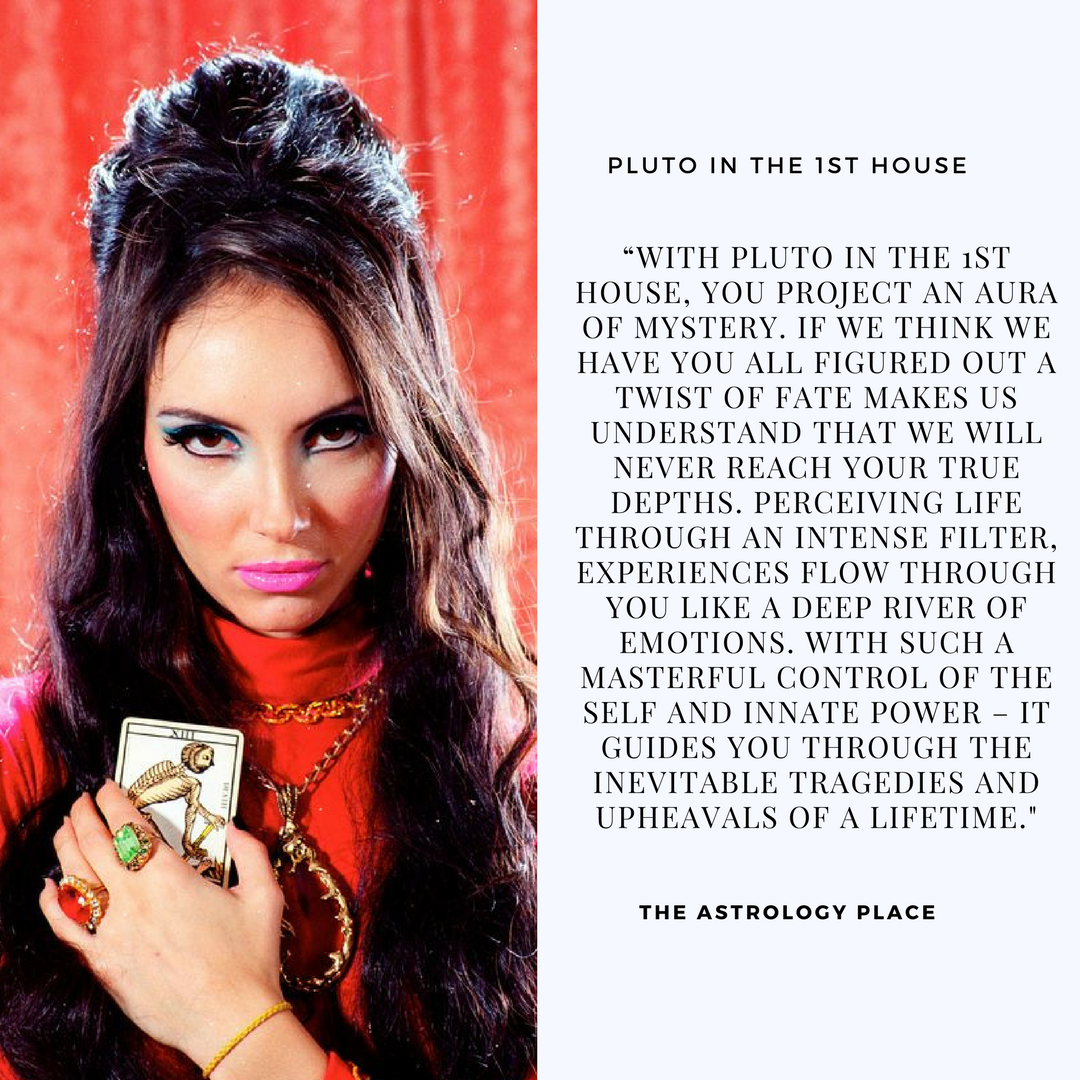

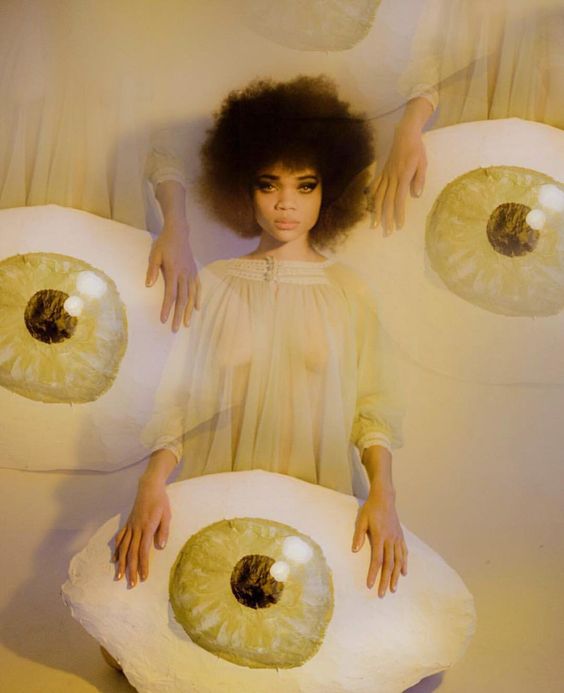


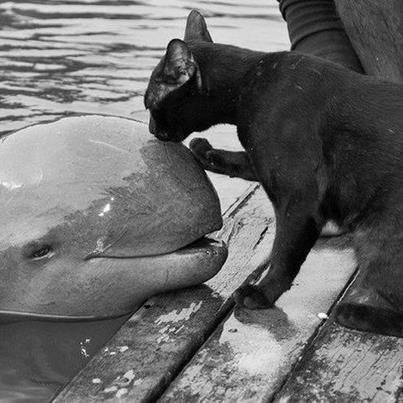


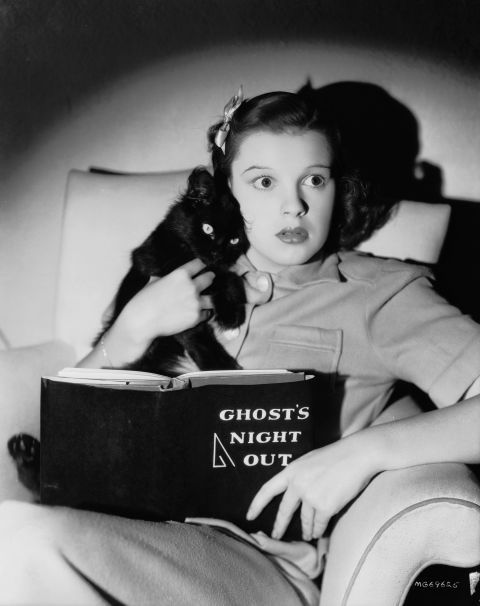






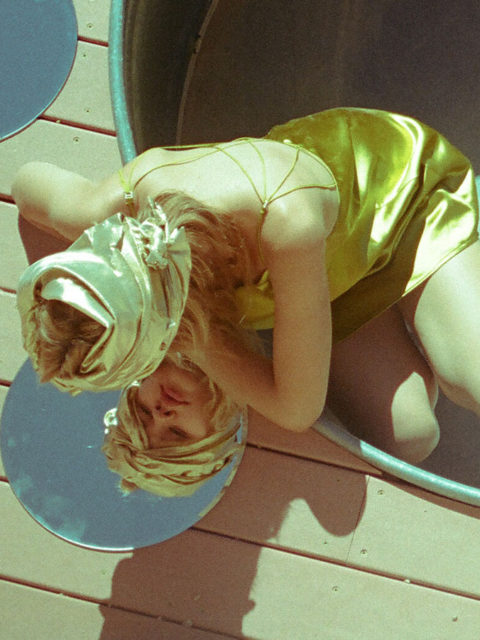
 Reflections on a Past Venus-Pluto Synastry Aspect
Reflections on a Past Venus-Pluto Synastry Aspect
 Mars-Pluto Synastry: Something Quite Dark and Dangerous
Mars-Pluto Synastry: Something Quite Dark and Dangerous
 Mars in Aquarius: Sex drive
Mars in Aquarius: Sex drive
 Sun Square Pluto Natal Aspect: I Am Titanium
Sun Square Pluto Natal Aspect: I Am Titanium
 Uranus Transits 8th the House: Rebirth from Chaos
Uranus Transits 8th the House: Rebirth from Chaos
 Mars Conjunct Pluto Natal Aspect: From Ember to Inferno
Mars Conjunct Pluto Natal Aspect: From Ember to Inferno
 Venus in the 5th House
Venus in the 5th House
 Moon in the 8th House: At Home in the Underworld
Moon in the 8th House: At Home in the Underworld
 Mercury Square Pluto Natal Aspect
Mercury Square Pluto Natal Aspect
 Pluto Transits Moon: A Time to Grieve
Pluto Transits Moon: A Time to Grieve
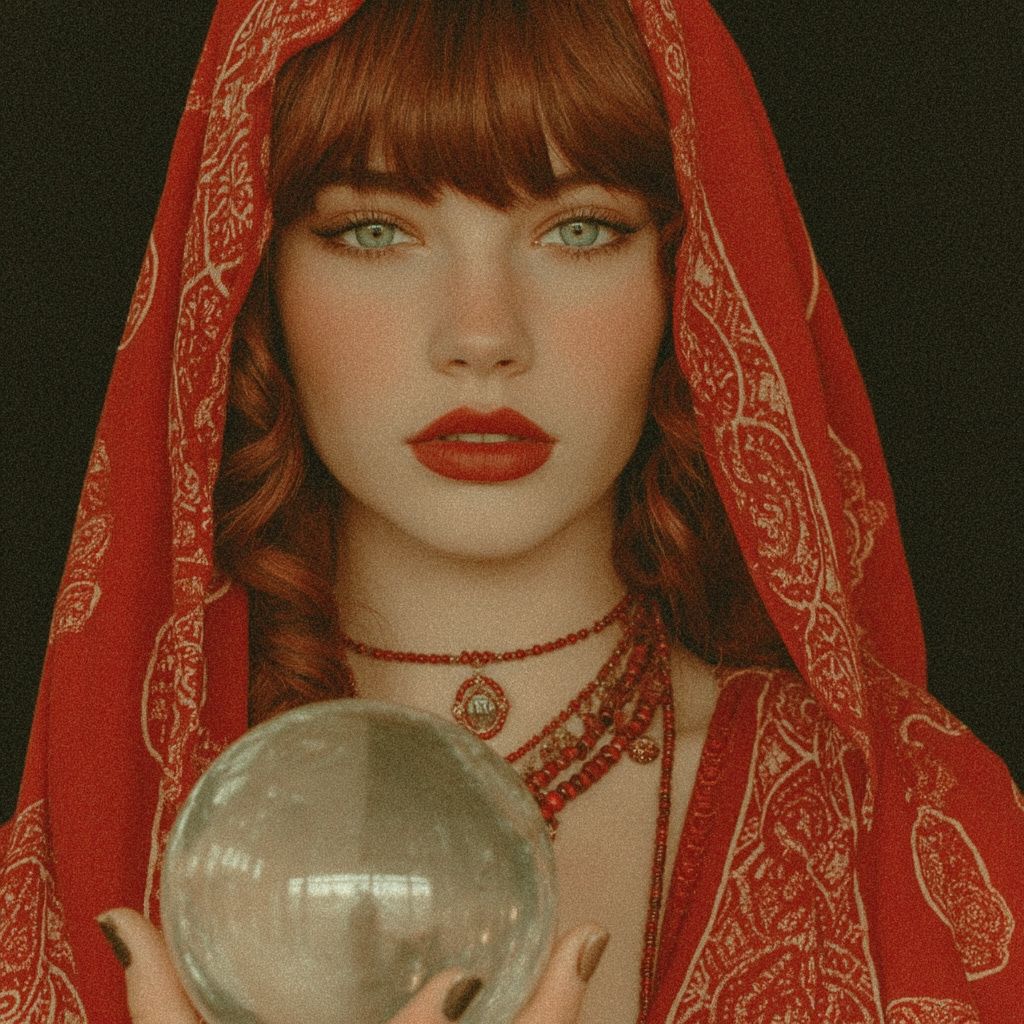 Moon Conjunct Mars Natal Aspect
Moon Conjunct Mars Natal Aspect
 Uranus Transits: 1st House: Winds of Change:
Uranus Transits: 1st House: Winds of Change:
 Neptune in the 4th House
Neptune in the 4th House
 Saturn in the 1st House: From Self-Doubt to Lasting Identity
Saturn in the 1st House: From Self-Doubt to Lasting Identity
 Moon-Saturn Synastry Aspects: A Lack of Emotional Affinity Between the Two of You?
Moon-Saturn Synastry Aspects: A Lack of Emotional Affinity Between the Two of You?
 Mercury Square Saturn: Heavy Thoughts
Mercury Square Saturn: Heavy Thoughts
 Moon in the 12th House: Drowning in Feelings (and Possibly Past Lives)
Moon in the 12th House: Drowning in Feelings (and Possibly Past Lives)
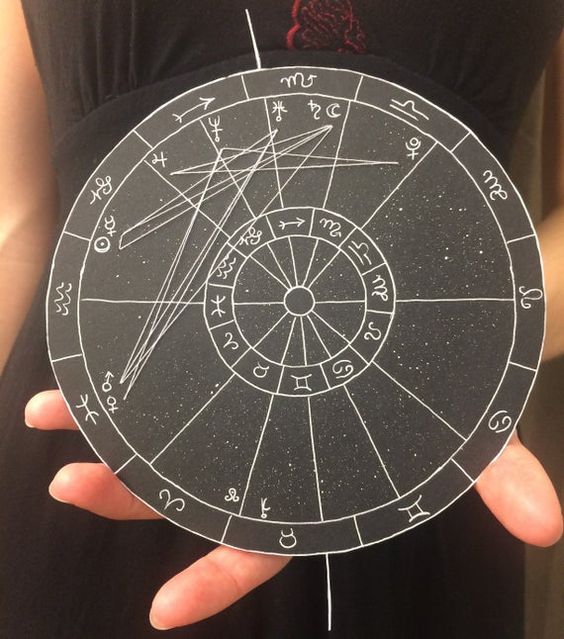 Astrology Degrees and Meaning
Astrology Degrees and Meaning
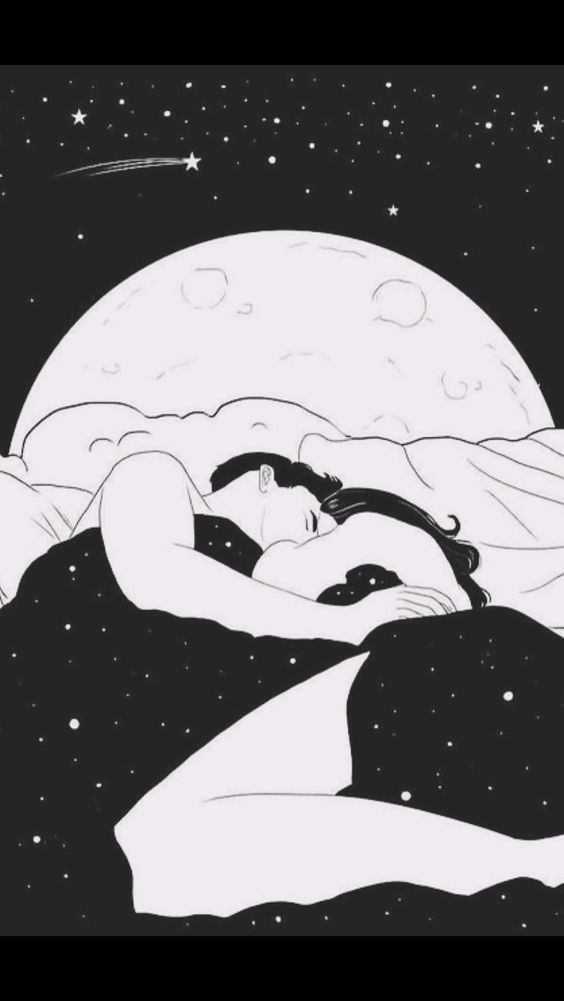 Composite Moon in 8th House
Composite Moon in 8th House
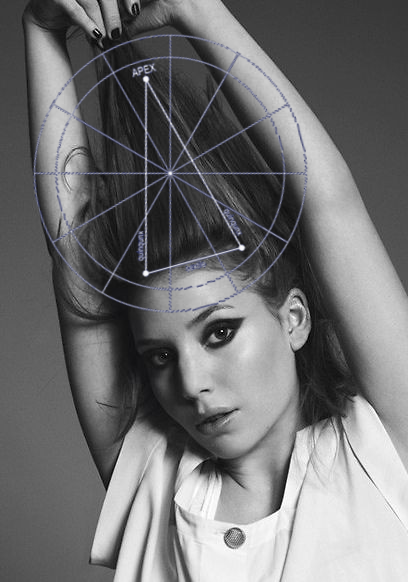 The Yod Aspect Pattern: The Mystical Power of the “Finger of Fate”
The Yod Aspect Pattern: The Mystical Power of the “Finger of Fate”